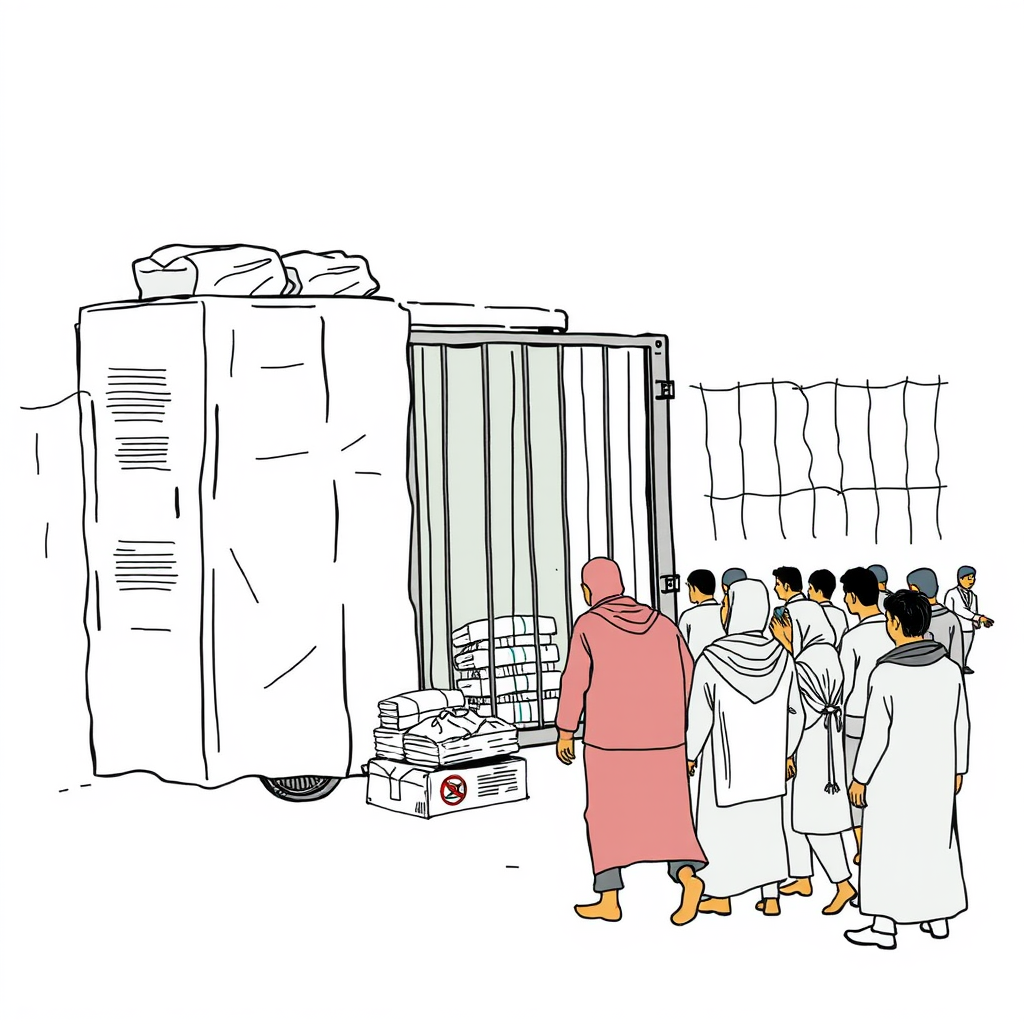Israel's Gaza Aid Plan Faces Widespread Rejection

Israel’s newly announced plans to control the flow of food and supplies into Gaza have drawn immediate condemnation and a refusal to cooperate from key aid organizations and the United Nations. Briefed on the proposals by Israeli officials, both the UN and major groups currently operating within Gaza have signaled they will not participate in a system perceived as overly restrictive and potentially hindering vital humanitarian efforts. The move raises serious concerns about the future delivery of essential supplies to the region and the ability of aid groups to effectively reach civilians in need. While Israel maintains the need to regulate incoming goods, critics argue the proposed level of control will exacerbate the already dire humanitarian situation in Gaza, potentially leading to widespread shortages and increased suffering. The lack of cooperation from established aid networks presents a significant logistical challenge and casts doubt on the feasibility of implementing the plan without severely disrupting the delivery of life-saving assistance. This development underscores the growing tensions surrounding humanitarian access to Gaza and highlights the urgent need for a sustainable solution that ensures both security concerns are addressed and the basic needs of the civilian population are met.